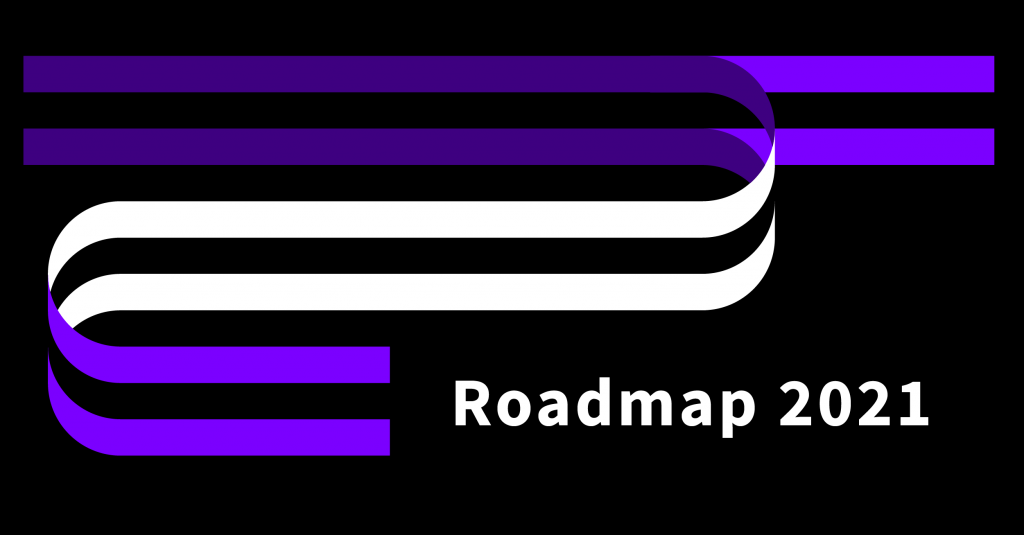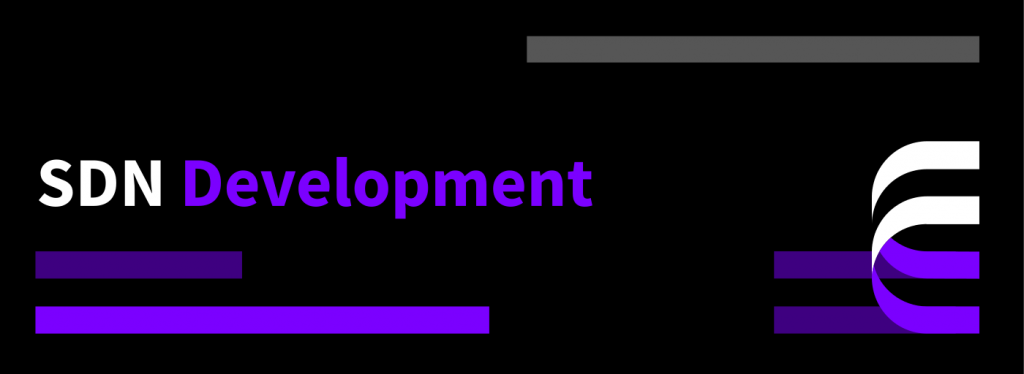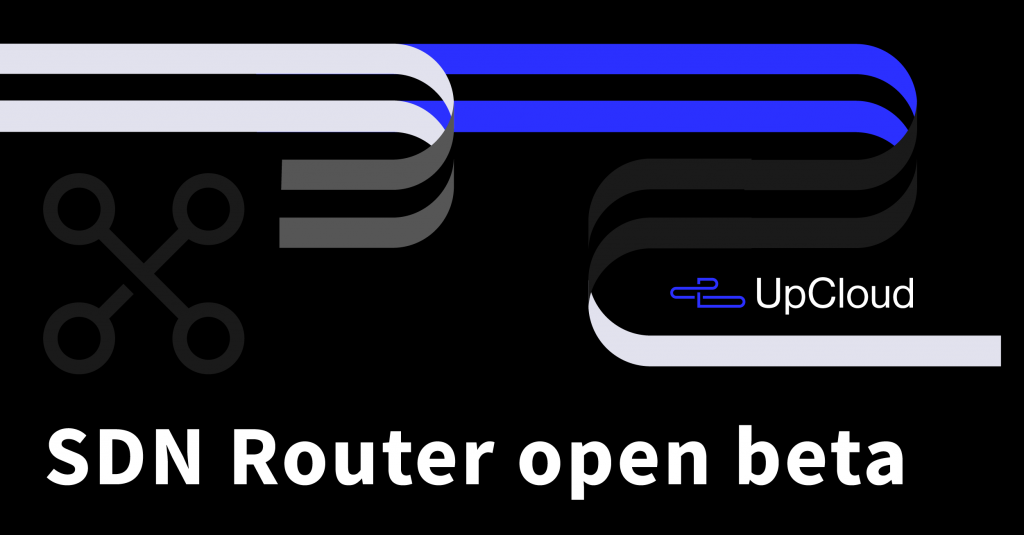The Internet has widely enabled great strives in technology, but progress doesn’t happen by itself. Truly groundbreaking developments take considerable time and effort. We’ve been preluding about our plans and efforts in developing SDN for some time now but the wait is now over!
SDN is launching today! The new SDN architecture enables a lot of new features such as dynamic private networks and user-configurable floating IP addresses.
Software-defined networking
Network connectivity is a fundamental building block of the Internet and the cloud infrastructure alike. While networking has often been dependent on rigid routes and configurations, future innovations are built on freedom. This is where software-defined networking, or SDN for short, comes in.
SDN is a technological approach to network management that enables dynamic, programmatically created network configurations. In the past, networks needed to be declared on the networking equipment, which often required manual configuration by network engineers. SDN changes this by decoupling the network configuration from the physical infrastructure. Software-defined network architecture brings a lot of new flexibility to configuring your cloud infrastructure.
Using SDN, you’ll be able to create and configure new dynamic private networks like never before. Shape your private networking exactly as you want to securely connect your cloud servers. SDN also enables many other features such easily configurable and transferable floating IP addresses with more coming in the near future.
Initial launch
SDN has been launched today in most data centres and the last locations are following soon. Initially, your cloud servers in Amsterdam, Helsinki 2, Frankfurt, London, San Jose, and Singapore can enjoy the newly unveiled features. At launch SDN allows you to configure private networks within these data centres but interconnectivity using gateway service is also in the works.
Data centres available at launch:
- Amsterdam, NL-AMS1
- Frankfurt, DE-FRA1
- Helsinki 2, FI-HEL2
- London, UK-LON1
- San Jose, US-SJO1
- Singapore, SG-SIN1
Other data centres will be upgraded individually in short succession to enable SDN features globally:
- Helsinki 1, FI-HEL1
- Chicago, US-CHI1
If your cloud servers are not deployed at a location already upgraded, feel free to deploy to one of the initial launch locations to experiment with the new features ahead of time.
Reasons to be excited for SDN
So SDN represents new technology, but why should you care? It’s not uncommon for services to launch new features that no one needs or asked for but this is certainly not the case! Software-defined networking has long been one of our most requested features and users independent developers to SMEs to large businesses will find a use for the new features. Here are some of the possible use-cases you might find interesting.
- Connect production cloud servers exactly and only as you need
- Configure database or backup replication over a secure, unmetered network without needing to set up additional software networking
- Manage your cloud servers with project or customer-specific network isolation
- Create custom local IP ranges to easily migrate existing local area network configurations
These are but some examples of how SDN could be utilised. Not only do you have a lot of options to configure the new features but also the possibility to build upon the new freedom as you see fit.
New features
SDN (software-defined networking) itself is the technology in the background that enables us to deliver many new features. Utilising the new networking options, you can build real production-grade private networks for many use cases. Here are some of the features you can already find at your disposal.
- Private networks offer customisable, unrestricted, secure private networking. Create isolated environments within zones or only allow traffic through a single cloud server acting as a firewall and router. Define custom local networks with the IP ranges of your choosing and assign the IPs statically or automatically using DHCP. The new Private networks are simply priced per network at $5 / month. Connect an unlimited number of cloud servers to any private network with no additional cost. The predictable prices remain the same regardless of the number of connected cloud servers amount of transferred traffic. You can find instructions at our tutorial on how to configure private networks.
- Floating IPs are special IP addresses that can be pointed from one cloud server to another in a moments notice without the need to restart the servers. They are extremely useful for failover services on mission-critical functions to ensure high-availability. The failover between servers can be done manually at your UpCloud control panel or automated using our API commands. Each floating IP is priced affordably at $2.42 / month, the same as any regular public IPv4 address. Check out this guide on how to manage floating IP addresses.
- Utility network is the automatically configured account-wide secure connection between your cloud servers. The previously offered Private Network has been upgraded onto the SDN technology and delegated as the default, secure, Utility network. This automatically configured network remains free of charge and usable just as before. UpCloud continues to be the only provider to join all your cloud servers with a global truly private network.
More to come
This is not all! Software-defined networking most importantly enables future network-based services. You can expect to see more new features to help build your cloud infrastructure.
- Gateway services will allow you to connect your Private networks either inside or between data centres. Take your Private networks global.
- VPN services are going to enable you to securely connect your networks to any other network on the Internet. Make the cloud an extension of your company network.
- Multi-cloud connectivity will bring together all of your cloud providers. Join your cloud servers into a single unified environment.
- Load balancing services will distribute traffic between cloud servers with simple configure options. Easily build redundancy and high-availability without little to no effort.
This list is far from exhaustive as SDN allows us to develop on robust connections to any network or network service. Even more new features are already being planned on our roadmap.
Summary
After a lot of work in development, the launch of SDN is a big moment for us and we hope you are just as excited to start using it. How the new features are going to be used will naturally be entirely up to you. We are looking forward to seeing all the creative ways you, our users, will find to utilise the new features. Don’t wait to get started!
Many thanks to everyone for your patience and stay tuned for more feature announcements!




David Mullane
Thanks a lot for sharing article about SDN. I hope this will improve the networking performance and would suit better than traditional network management.